Stuck on you
The TSA agent wanted to make sure the boys weren’t being kidnapped so he asked them to say their middle names.
Michel! Emile!
Who are these French children?, I wondered.
They're ours!

The book he’s holding, his middle name, is a DIY Guide for Parenting circa a long time ago (1762).
The man who wrote it was a horrible father IRL. He abandoned all four of his children. Not at once, consecutively.
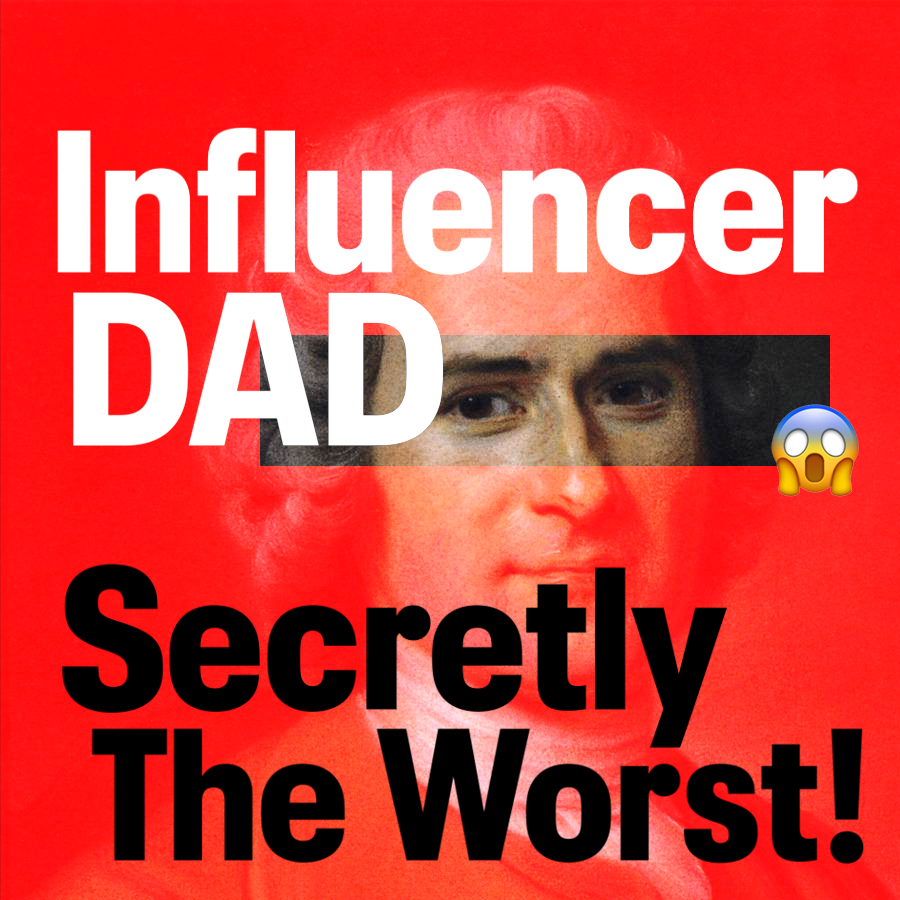
But as an author, he tells a great story about what makes us tick.
It's not our brains, he says. It's our habits.
Habits that we pick up from studying each other.

We’re fascinated by each other’s habits.
Drug habits, eating habits, relationship habits.
We talk about our habits every time we talk about our horoscopes.
We can't get enough of people with strong – and often very bad – habits, from soap operas to reality shows to prestige dramas!
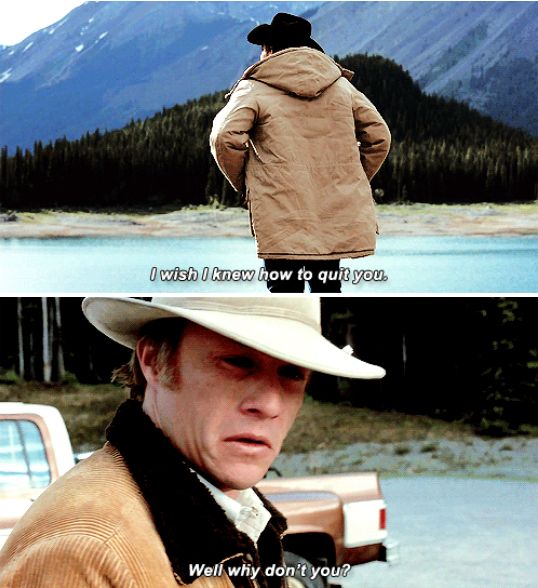
Even our most generic blockbusters are about habits:
The hero who doesn’t want to change but must!
Often, this change of character happens after a literal training sequence.
The dramatic finale? A moment of truth! The hero must "stop thinking" and just act.
But it's not just on the big screen or on TV's.
We study each other's habits everywhere we go.

We literally follow each other on Social Media to observe one another, on a daily if not hourly basis.
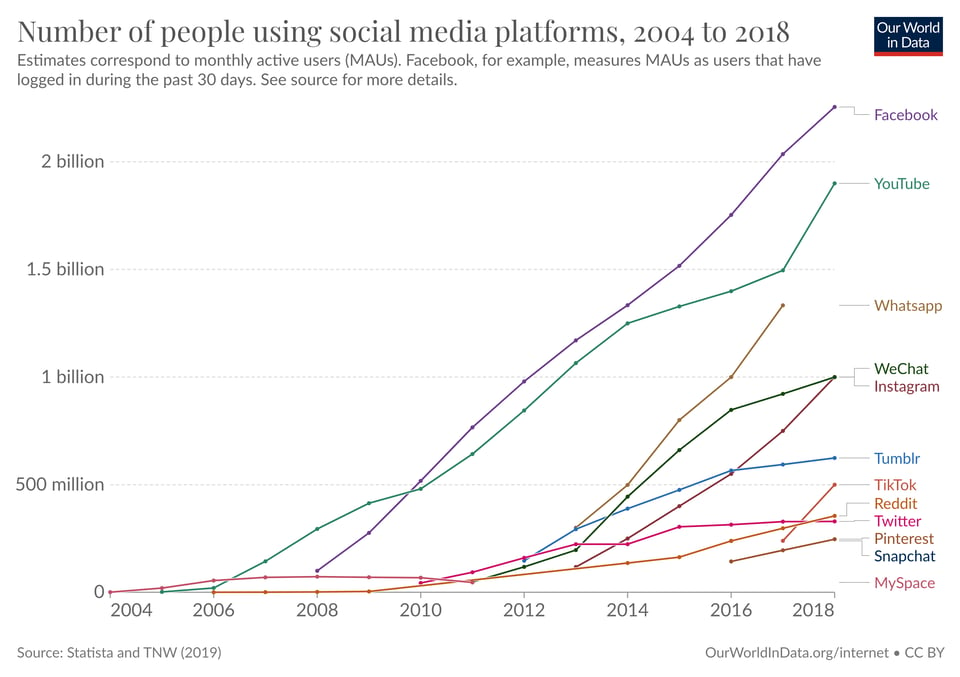
Social media is addictive because humans make sense of the world by watching and mimicking one another.
We pick up, and pass around, each other’s unconscious behaviors in every dimension of our lives.
Our accents. Our taste preferences. Our prejudices.
This is not a weakness.
That’s our gift as social animals.
For example, it's hard for one person to quit.
It's easier when a bunch of us quit at the same time.
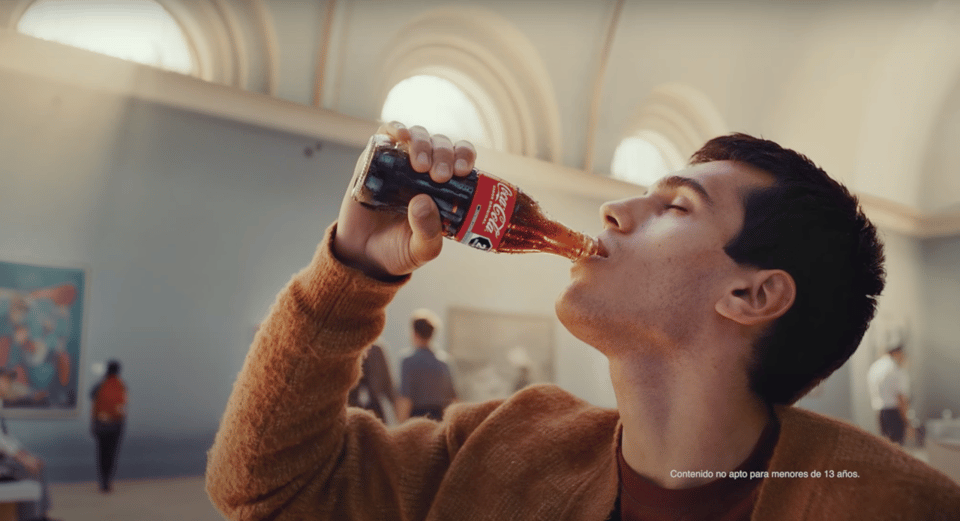
It's not by accident that advertising shows people doing the thing the advertiser wants us to do.
It's also not some fluke of history that advertisers love social media: it’s where we go to watch one another and pick up new habits.
(They don't call it going viral for nothing!)
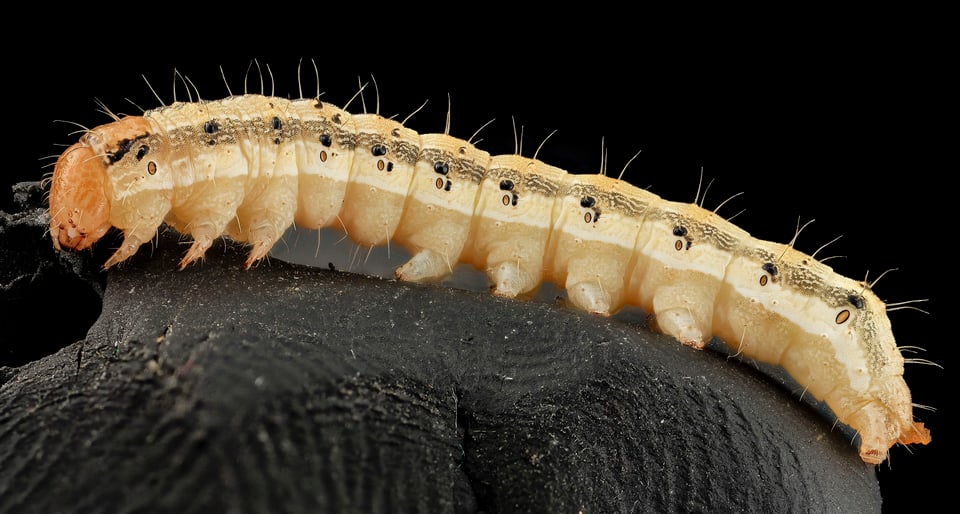
Ever get a song stuck in your head?
They’re called earworms because we don’t consciously summon them. They follow us. A reminder of the strength of unconscious choices in our lives.
We’re surrounded by such worms. Driven by them.
In contemporary political discourse, we say "brainworms" to describe cults like Qanon.
What goes viral is not always fully known to us, nor always good for us. Laughter is contagious but so is panic.
But the fact that we are not fully "in control" is not a cause for shame or concern.
We can be responsible for our habits. We just need to take the stickiness of media more seriously.

Political philosophers from Aristotle to Arendt have recognized that persuasion is only a part of the story.
The other part is habituation through role modeling.
And there has never been a more powerful mechanism for role modeling than social media.
It is one of our most effective habit making machines, to date.
Which is why it shouldn't be dominated by some of the most craven people on the planet.

MOVIES!
Back to the Future (1985) has some great action sequences. The boys really enjoyed them as I did when I was their age.
But it's a pretty fucked up story.
For example: a white teenager from 1985 goes back in time and teaches Chuck Berry how to play rock and roll.
The same kid inspires a Black janitor to become mayor but by then the city is ruined: marred by graffiti, covered with trash, desolate but for a drunk homeless man.
Like the literal film it was produced with, this "cute and charming" movie is made from a negative which is as dark as any MAGA fever dream.
By contrast, After Hours (1984) has only gotten better. A bored banker bites off more than he can chew when he gets lost in a seedy downtown arts district. Timeless.
The boys also enjoyed it. Plus, it might have been the experience that got Cheech Marin into collecting Chicano Art.
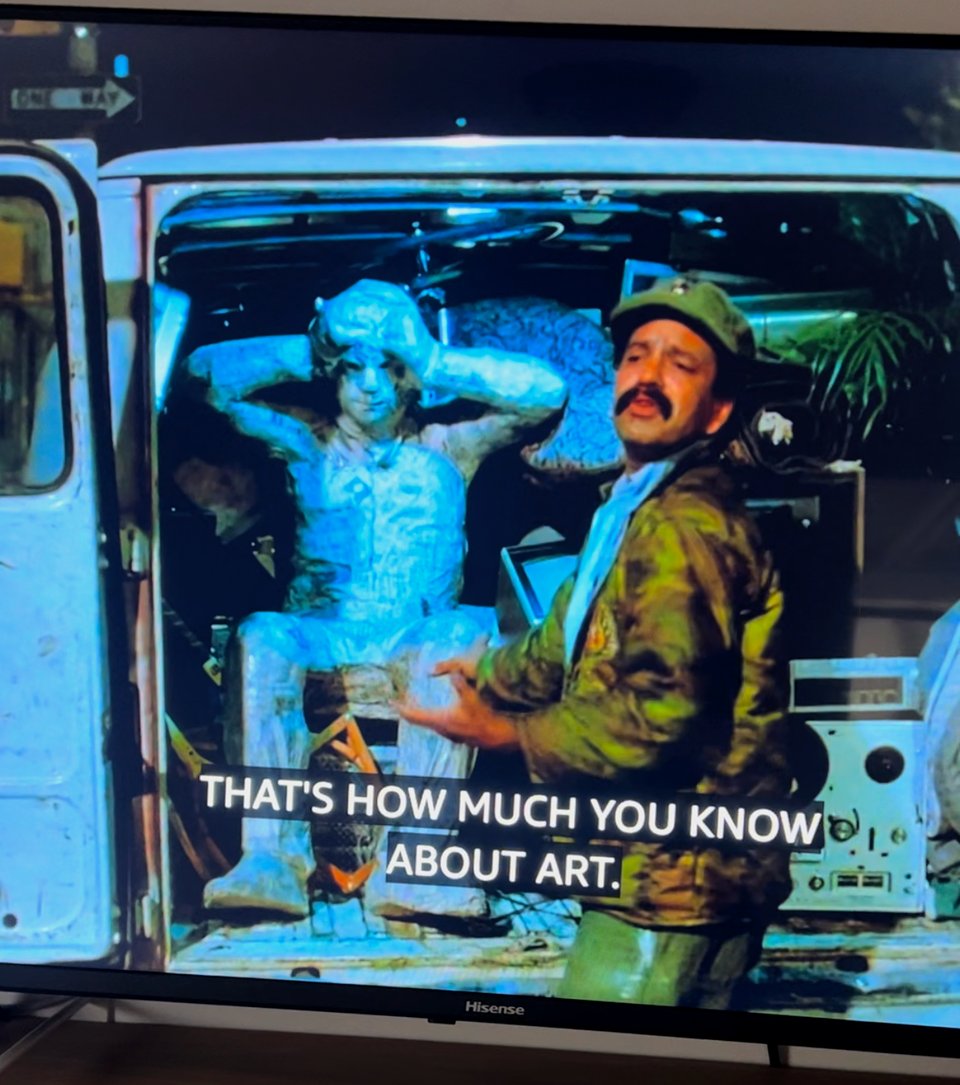
Postscript
If you'd like to go even deeper on today's topic, check out "reaction memes" and their function in online discourse.